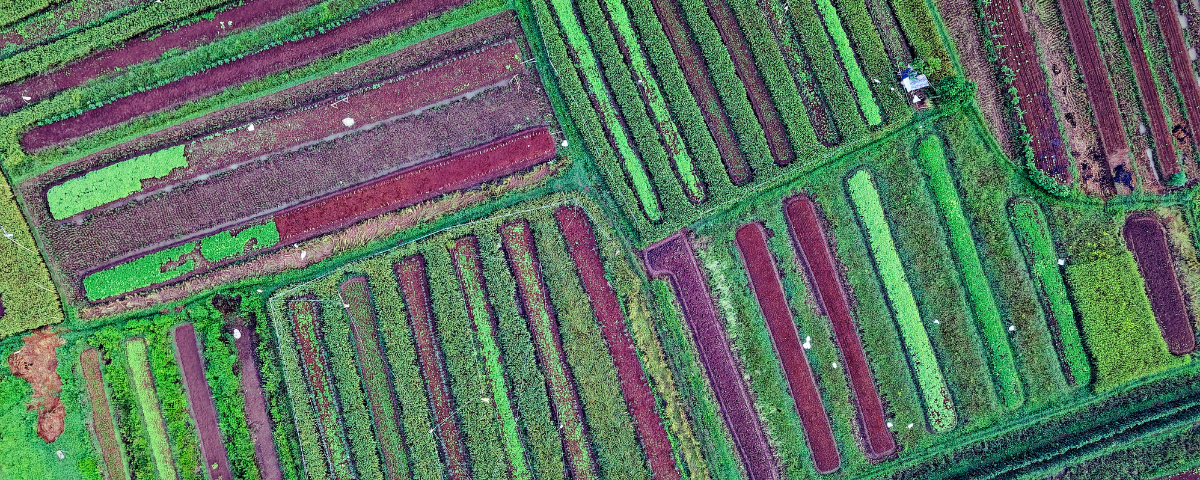In a fascinating and informative talk at IBTM World, academic Dr Walsh explored how the events industry can advocate for new ways of growing, sourcing and producing its food and drink, and how the industry can interact with the global food chain to help make its food and drink choices as sustainable as possible and lessen the environmental impact of events.
Dr Walsh has been supporting farmers around the world to develop more sustainable ecological and biological infrastructure on their farms. Opening his session on the Accelerate stage, Dr Walsh said: “Over the last 150 years we’ve changed our food industry to something very unintelligent. We’re in a situation now with climate change, biodiversity loss, desertification etc where we have to re-think the entire food industry.”
“If you work at the beginning of the supply chain you can have more impact,” Dr Walsh noted, before describing how nature upcycles rather than recycles, and how recycling – where for example plastic from a car goes into making a bench, which then makes a toothbrush, which then makes a toothpick and ultimately ends up in landfill – is a wasteful process, as opposed to upcycling – where for example you make waste coffee into mushrooms.
“You take a waste product and create a high-value product from it.”
Dr Vincent Walsh
Dr Walsh then talked about why farms need to be redesigned for the future. “Farmland today is mostly pasture with sheep or cows,” he said. “There are few trees, and we don’t put nutrients back into the soil. What we need to do is look at nature and mimic it.”
Bringing the conversation back to the meetings and events industry, Dr Walsh noted that a huge part of the events industry is F&B. “The top things people want to know before going to an event is what the food and drink will be like,” he said. “The events industry has a responsibility to make sure that proper food infrastructure is being built to make sure their events have sustainable food, and that when an event is over, the food waste is responsibly handled.”
How does the meetings & events industry handle food and drink?
Responding to a question about how the meetings and events industry handles food and drink, Dr Walsh said that it was currently ‘pretty poor’ at sourcing and disposing of food in a sustainable way. “Re-thinking food at events involves re-thinking the whole offer,” he said. “There’s a huge challenge there, but also an opportunity for the industry. We’ve got a chance to make sure everything we grow is more sustainable, more local, grown in an ecological manner, and that the waste is circular.”
Explaining the title of his talk, Dr Walsh said that as humans, we’re more connected to mushrooms than plants, because they’re much older in the biosphere. “Without mushrooms, there’d be no forest. Trees speak to each other through mushrooms. Mushrooms are crucial to maintain equilibrium in the forest system; there’s no survival of the fittest here – forests evolve through cooperation.”
“When we think about circular infrastructure all we’re doing is trying to mimic the forest,” he continued, and he urged us to “use that kind of thinking in a business setting. Don’t think of business as an input or output, but as an ecosystem”.
Dr Walsh returned to his example of upcycling waste coffee into mushrooms, explaining that this would be perfect for a meetings and events setting. “This is a really good way of taking a waste product – coffee, which meetings and events use a lot of – out of landfill, which is great because coffee excretes a huge amount of methane in landfill.”
Dr Walsh described how the circular infrastructure can be never-ending. “What we’re starting to see is there are loads of interesting outputs coming out of this. For example, the waste spores from the process which turns coffee into mushrooms can be fed back to the farmland.” Dr Walsh’s owns food company, Herblabism, upcycles mushrooms from the coffee to make plant-based burgers.
Concluding, Dr Walsh says: “We have the knowledge; we just need lots of imagination now to move things forward. We need more design in our farming infrastructure. Events professionals have the power to persuade venues to make the food as sustainable, local and ecological as possible. Be local and think about how your business can support other food entrepreneurs. We have a voice, and we need to use it more.”
You may also be interested in…

